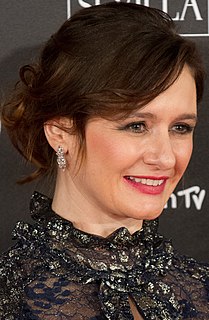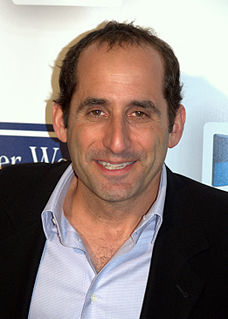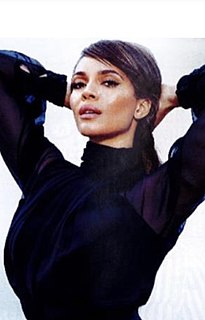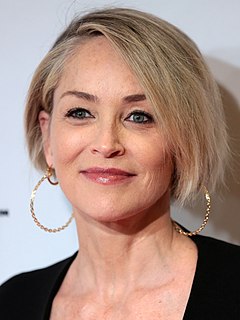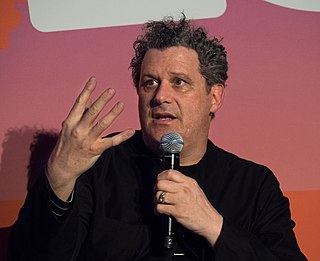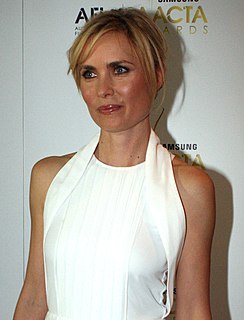A Quote by Rebecca Hall
I felt very fulfilled after doing 'Vicky Cristina Barcelona' because I'd always wanted to work with Woody Allen. That was like a lifelong dream, and that was thrilling for me, to enter that world.
Related Quotes
Woody Allen was the reason I wanted to move to New York City and one of the reasons I wanted to make films. I felt that I understood his films, and I love them so much. When you're starting out, certainly, you have this sense of wanting to talk back to people who have influenced you, and I always wanted to talk back to Woody Allen.
You never in a million years thought that you would ever end up in a Woody Allen film even though that might be your dream, and there you are. Suddenly you've got one. But you're not playing the quintessential Woody Allen heroine, which is somebody that's full of self-doubt and heartbreakingly naïve. Chloe in Match Point was a nightmare in some ways and totally entitled, and felt like everything was going to be all right. Most of the women in Woody Allen films feel like everything's awful. I didn't understand what to do. But some of the confusion is helpful.




